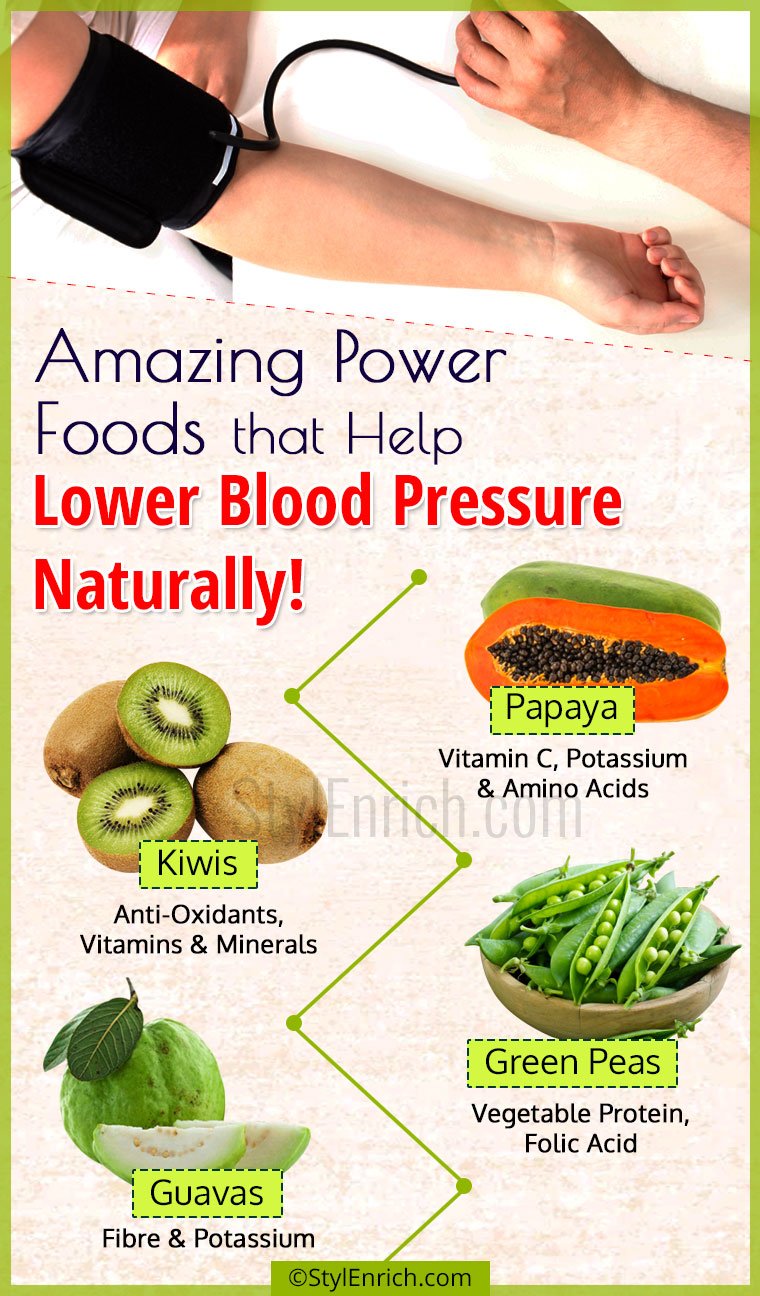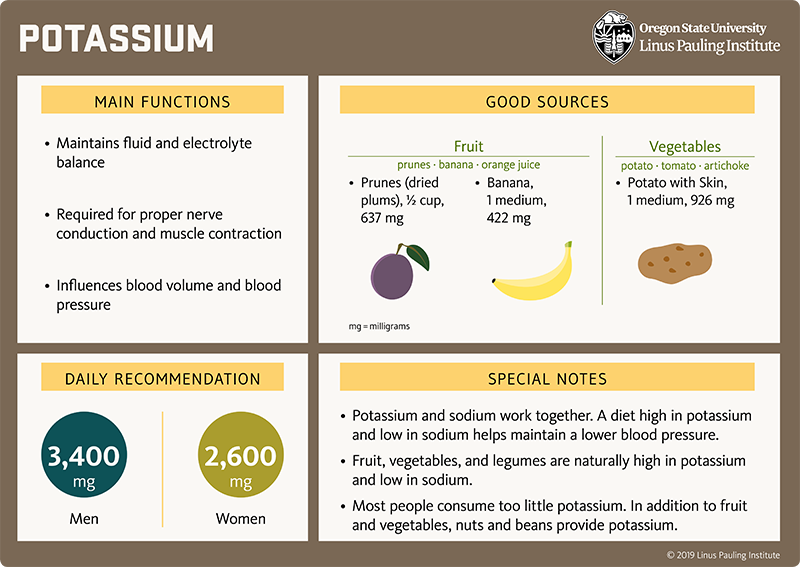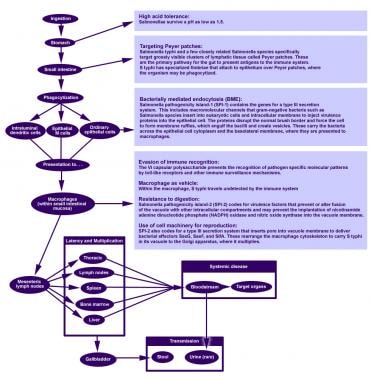However the results of prospective clinical trials looking at the effect of oral potassium supplements on blood pressure have yielded conflicting results. High Potassium Diet Is Not for Everyone.
 Foods That Help Lower Blood Pressure Naturally Heart Friendly Foods
Foods That Help Lower Blood Pressure Naturally Heart Friendly Foods
The amount of dietary potassium used to curb your blood pressure changes from day to day and meal to meal based on your sodium intake and your particular metabolism.

Does potassium lower blood pressure. Potassium has an important role in relaxing the blood vessels which helps lower a persons blood pressure. While no one can say how much potassium will lower your blood pressure achieving the recommended daily value will put you in the correct range to offset average sodium intakes. Potassium can flush out excess salt from.
One study conducted from St. We therefore have evidence to state that an increase in potassium intake could possibly lower blood pressure in patients who do suffer from hypertension. The American Heart Association AHA suggests eating foods that contain potassium is a good way to boost potassium levels and better manage blood pressure.
Sodium and potassium which are very similar chemically join forces in a sodium-potassium pump in your body which moves sodium out of the cell and potassium into the cell Berman writes. Potassium can be a secret weapon when thinking of heart health managing blood pressure and improving systems in the body nutritionist Jae Berman wrote for the Washington Post. Increasing potassium through diet is recommended in adults with blood pressure above 12080 who are otherwise healthy.
The study authors conclude that. Both epidemiologic and clinical studies have suggested that an increase in potassium intake may lower blood pressure. Eating to reverse this imbalance could prevent or control high blood pressure and translate into fewer heart attacks strokes and deaths from heart disease.
Georges Medical School in London and published in the April 2005 issue of Hypertension found that potassium citrate can lower blood pressure just as well as potassium chloride which has been shown to lower blood pressure. An adequate potassium intake can lower systolic. Potassium lowers blood pressure.
Magnesium helps regulate hundreds of body systems including blood pressure blood sugar and muscle and nerve function. Low potassium levels can lead to an increase in blood pressure particularly in people with a high sodium or salt intake. A similar analysis conducted by the NASEM committee that included 16 trials found that potassium supplements significantly lowered systolic blood pressure by a mean of 687 mmHg and diastolic blood pressure by 357 mmHg 11.
However normal people with no high blood pressure issues might not see a similar reduction. We need magnesium to help blood vessels relax and for energy production and bone development. Potassium also helps to ease tension in your blood vessel walls which helps further lower blood pressure.
The meta-analysis also found that a high increase in potassium intake could lower blood pressure even more. According to a 2016 study the probiotic strains lactobacilli and bifidobacteria produce chemicals that can lower blood pressure. Potassium works to balance out the sodium in your diet.
When it comes to fighting high blood pressure the average American diet delivers too much sodium and too little potassium. The effectiveness of potassium to lower blood pressure is directly related to sodium. Potassium chloride must be taken in supplement form while potassium citrate can be attained through foods.
Scientists are unsure how it happens but one hypothesis is that potassium helps the kidneys eliminate sodium from the body. Just like potassium too much magnesium can be lost in urine due to diuretic use leading to low magnesium levels.
